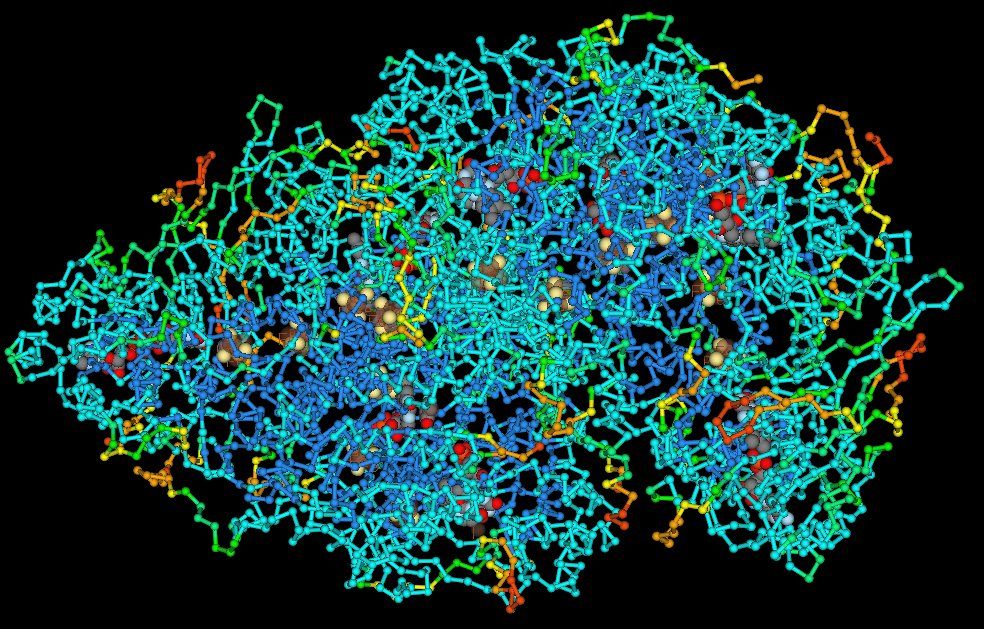Ingenious Polymers: Changing Modern Production
Ingenious Polymers: Changing Modern Production
Blog Article
Checking Out the Varied Applications and Advantages of Polymers in Different Industries
Polymers, with their varied variety of buildings and functionalities, have become vital in numerous sectors, each gaining special advantages from their application. Polymers. From boosting security and efficiency in the vehicle market to changing clinical tools in the healthcare industry, polymers play a critical role. Additionally, their environment-friendly nature is changing the landscape of sustainability techniques. As we explore the depths of polymers in electronics, we discover innovative innovations, while their architectural integrity changes the world of construction and facilities. The pervasive influence of polymers across markets is a testimony to their convenience and adaptability, shaping the future of numerous industries.
Automotive Field Applications
Polymers play a crucial function in improving the performance and sturdiness of various components within the automobile sector. These versatile products are thoroughly used in the production of various components, varying from indoor components to under-the-hood applications. One famous usage of polymers in the automobile industry is in the production of lightweight parts. By changing conventional steel get rid of polymer-based choices, automobiles can accomplish enhanced gas efficiency without compromising on stamina or security.

Medical Care Industry Advantages
In various healthcare applications, the advantages of using polymers are widely acknowledged for their diverse series of advantageous properties. Polymers play an important duty in the healthcare sector because of their adaptability, biocompatibility, and cost-effectiveness. One of the key benefits of polymers in medical care is their ability to be tailored to specific requirements, such as flexibility, sturdiness, and biodegradability, making them suitable for a vast array of clinical applications.
Polymer-based materials are extensively used in clinical tools, such as catheters, implants, prosthetics, and medication shipment systems, due to their biocompatibility and ability to mimic all-natural cells. These materials can decrease the risk of sensitive responses or beings rejected, improving patient safety and end results. Furthermore, polymers are lightweight, making them suitable for wearable medical tools and making certain individual comfort.
Moreover, polymers enable the growth of ingenious treatment approaches, such as hydrogels for cells design and nanocomposites for targeted medication distribution. Their simplicity of handling and sterilization makes them crucial for preserving high standards of health in medical care settings. On the whole, the diverse benefits of polymers add substantially to advancements in clinical technology and individual treatment.
Environmental Advantages of Polymers

In addition, polymers can contribute to energy financial savings as a result of their lightweight nature. In industries such as transportation, light-weight polymer materials can aid minimize gas consumption and greenhouse gas emissions. In addition, polymers can enable the advancement of energy-efficient products such as insulation products that improve my response energy preservation in structures.
Moreover, polymers play a critical function in lowering water pollution. For instance, the use of polymer-based filtering systems can effectively eliminate toxins and impurities from wastewater, safeguarding water resources and environments. On the whole, the ecological advantages of polymers make them useful possessions in advertising sustainability and environmentally friendly methods across various industries.
Polymers in Electronic Devices and Modern Technology
Thinking about the raising need for cutting-edge and lasting options in contemporary industries, the assimilation of innovative polymer innovations in the realm of electronic devices and modern technology has actually emerged as a critical strategy learn the facts here now for driving performance and efficiency. Polymers have transformed the electronics industry by making it possible for the manufacturing of lighter, extra versatile, and long lasting electronic devices. From smart devices to clinical gadgets, polymers play an important duty in boosting product layout and performance.
One substantial benefit of polymers in electronics is their insulating properties, which help shield delicate electronic parts from environmental elements and electrical disturbance. Furthermore, polymers are vital in the development of flexible display screens, wearable modern technology, and published electronic devices, providing endless possibilities for producing clever and interconnected gadgets.
Additionally, the usage of polymers in digital packaging has brought about improvements in miniaturization and thermal management, improving the total efficiency and reliability of electronic systems. As innovation proceeds to progress, the convenience and flexibility of polymers will certainly drive even more technology in the electronics sector, forming the future of modern technology.
Function of Polymers in Building and Infrastructure
Polymers use many advantages in the building market due to their versatility, resilience, and cost-effectiveness. One key function of polymers in building and construction is their use in coatings and sealants, giving security versus environmental factors such as wetness, UV radiation, and deterioration.
Moreover, polymers play a critical function in sustainable building and construction methods by making it possible for the development of energy-efficient frameworks. Shielding materials made from polymers assist manage interior temperature levels, lowering the demand for home heating and cooling down systems and inevitably decreasing power intake - Polymers.
Final Thought
In conclusion, you could try this out polymers play a vital duty in numerous sectors such as vehicle, medical care, environmental, electronics, and building. Their versatile homes make them valuable in producing cutting-edge options and items. From boosting fuel performance in cars to improving medical tools, polymers offer various benefits. Additionally, their influence on lowering waste and promoting sustainability highlights their value in modern applications. The widespread use of polymers shows their considerable contribution to progressing technology and enhancing lifestyle.
Report this page